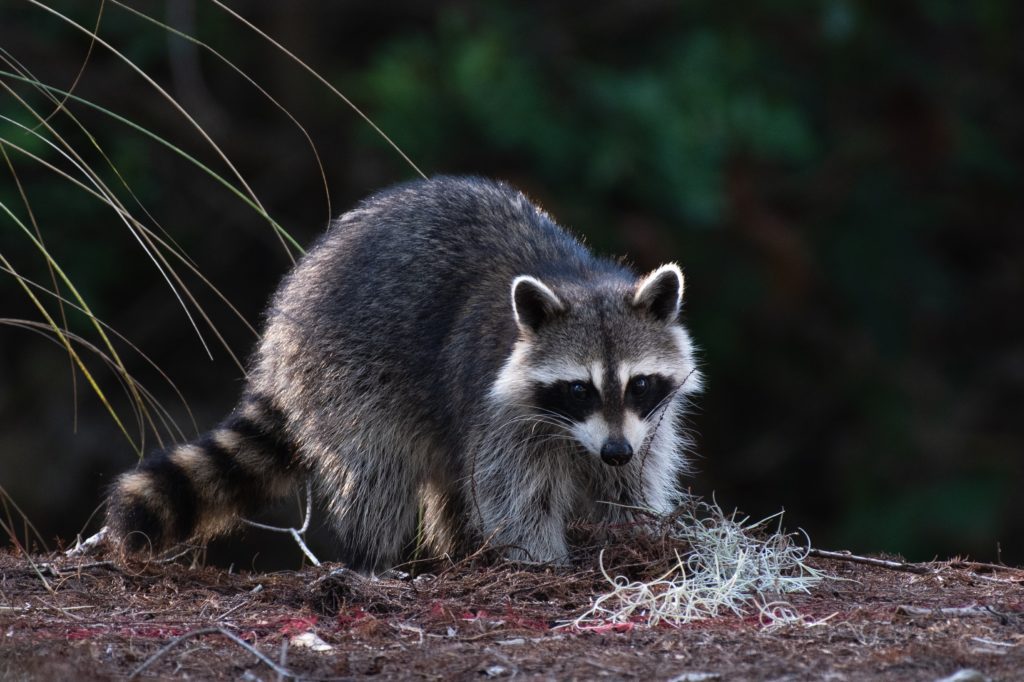Raccoons are known for their scavenging habits and are often found rummaging through trash cans in search of food. But what do raccoons eat in the wild? Do they eat meat or are they strictly herbivores? This article will explore the diet of raccoons and provide some interesting insights into their eating habits.
What do raccoons eat?
Raccoons are omnivores, which means they eat both plants and animals. Their diet can vary depending on the season and availability of food. In the wild, raccoons will eat a variety of foods including fruits, nuts, insects, small animals like rodents and birds, and even fish and amphibians. They are also known to scavenge for food in urban areas, which can include human food scraps and garbage. Overall, raccoons have a diverse diet and are adaptable to different food sources.

Do raccoons eat meat?
Yes, raccoons do eat meat. As omnivores, they have a varied diet that includes both plant and animal matter. In the wild, they will hunt and eat small animals like rodents and birds, as well as fish and amphibians. They may also scavenge for meat in urban areas, such as eating roadkill or raiding garbage cans for scraps of meat. However, meat is not the only component of their diet; they also consume a variety of plant-based foods.
How do raccoons hunt for food?
Raccoons are opportunistic hunters and will use a variety of methods to catch their prey. They may stalk and pounce on small animals like rodents or birds, or they may use their sharp claws to dig up insects and other invertebrates from the ground. In aquatic environments, they will use their dexterous front paws to catch fish and other aquatic creatures. Raccoons are also known for their ability to raid garbage cans and other human food sources, using their intelligence and problem-solving skills to access food.
What are some common foods found in a raccoon’s diet?
Raccoons are omnivores, meaning they eat both plants and animals. Some common foods found in a raccoon’s diet include fruits, nuts, seeds, insects, small animals like rodents and birds, fish, and even human food like garbage and pet food. They are opportunistic feeders and will eat whatever is available to them in their environment. However, their diet can vary depending on the season and availability of food sources.
How can raccoons impact the environment and other animals?
Raccoons can have both positive and negative impacts on the environment and other animals. As omnivores, they play an important role in controlling populations of small animals like rodents and insects. However, they can also compete with native species for food and habitat, and can even prey on the eggs and young of other animals. Additionally, raccoons can spread diseases to other animals and humans, making it important to take precautions when encountering them in the wild.





One thought on “Do Raccoons Eat Meat? Exploring Their Diet”